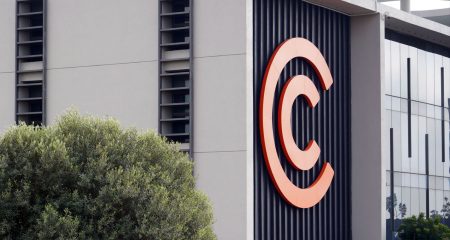
Cell C’s R5bn broadband mobile network will be launched in about three weeks, says its CEO, Lars Reichelt.
The third-generation (3G) network, which is capable of theoretical download speeds of up to 21Mbit/s, will be launched in phases across six cities.
It already has about 1 300 3G base stations live and “friendly testers” are putting the network through its paces. It has acquired bandwidth on the Seacom undersea cable.
By the end of the year, Cell C is expected to cover about 30% of the country with its 3G network. Vodacom and MTN have greater than 50% coverage, but have been building their 3G networks for at least five years already.
Cell C says it has not finalised pricing yet, but Reichelt says the rates will be competitive and differentiated. Uncapped products are not on the cards.
Citing competitive concerns, Reichelt won’t say which city will be switched on first. But he says the network will outperform rivals’ systems as it is being built in a lower radio frequency band — 900MHz — that can more easily penetrate buildings than the more commonly used 2,1GHz.
The lower frequency provides larger coverage areas around base stations — this is especially well suited for use in outlying areas — as well as better in-building coverage.
Cell C is “refarming” 4,2MHz of its 900MHz allocation; it is retaining the rest of the 11MHz it has in the band for second-generation (2G GSM) services.
The company is able to refarm 900MHz much more easily than rivals MTN and Vodacom because when it launched its services a decade ago it only had access to the 1,8GHz GSM band. That means it can now retool part of 900MHz for 3G services.
It will also be the country’s first widespread 21Mbit/s 3G network. Though Vodacom and MTN have switched on a few of the latest-generation 3G antennas, they typically offer theoretical speeds of 14,4Mbit/s or less.
Cell C will also offer 3G at 2,1GHz as backup for and supplementation of 900MHz 3G, Reichelt says.
For backhaul — the high-speed connections that connect its base stations to its core network — Recheilt says Cell C has secured sufficient fibre capacity for the next 18 months.
But he says the company will have to roll out its own fibre, too. “We are looking at a consortium to build our own fibre,” he says. “We are not in a position to comment on this yet.” — Duncan McLeod, TechCentral
- Subscribe to our free daily newsletter
- Follow us on Twitter or on Facebook




